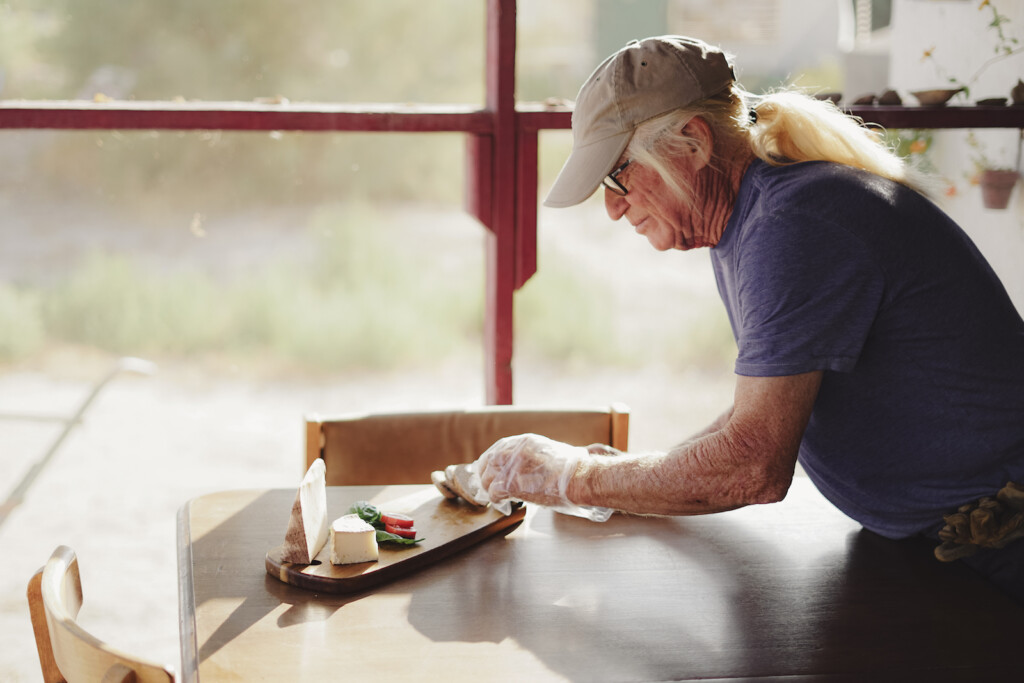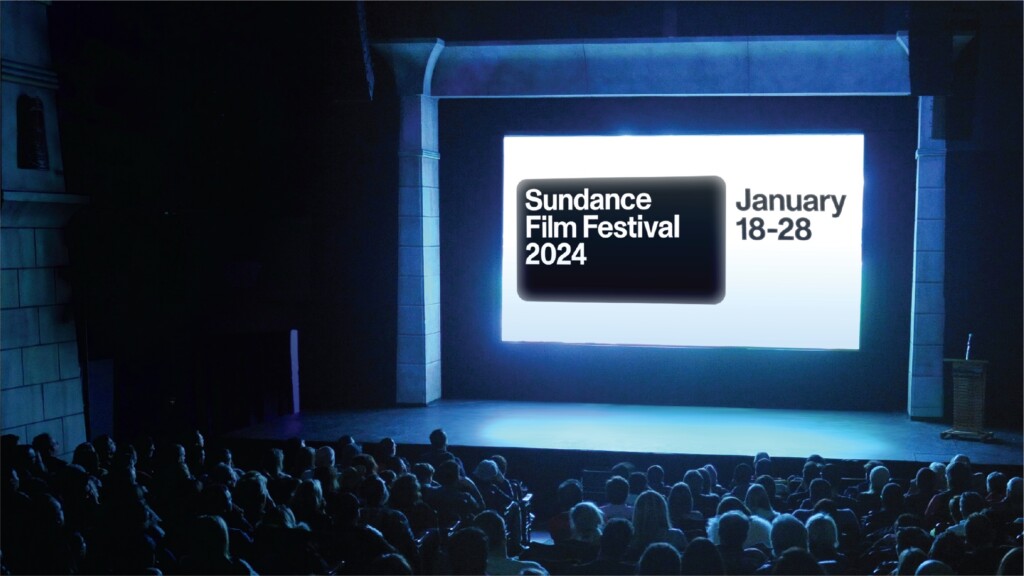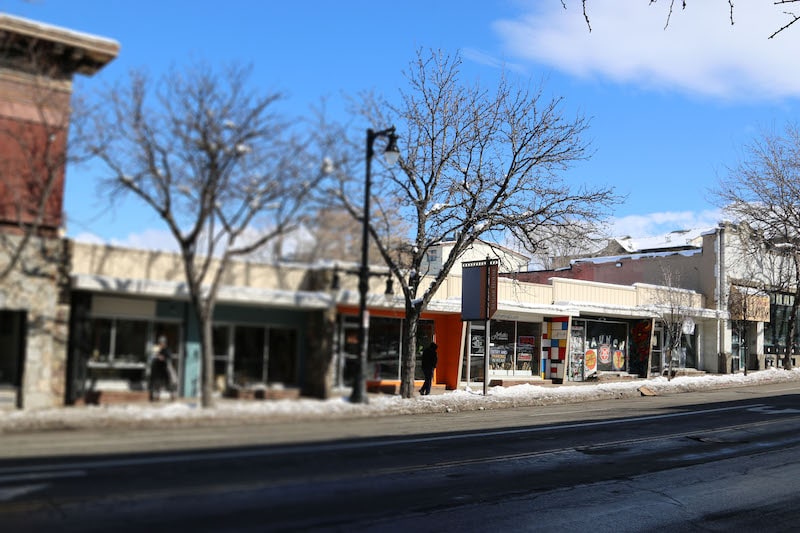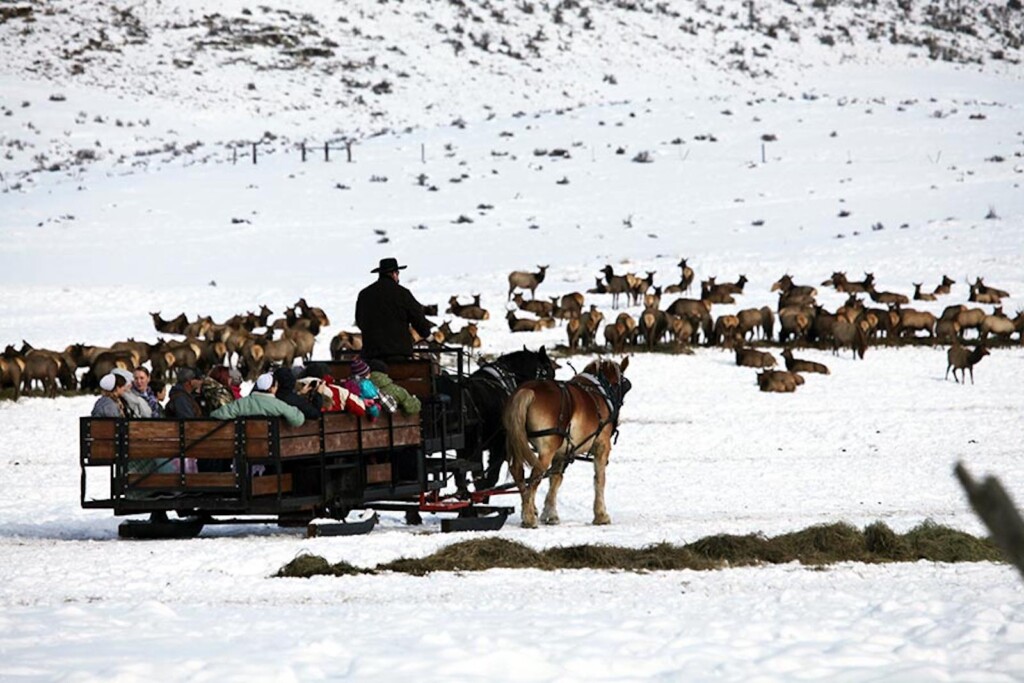 A backlash against President Donald Trump’s proposal to slash billions of dollars of funding from scientific and medical research agencies rippled across the entire planet. In response to the news, marchers rallied in more than 500 locations across the globe on April 22, Earth Day, in support of science.
A backlash against President Donald Trump’s proposal to slash billions of dollars of funding from scientific and medical research agencies rippled across the entire planet. In response to the news, marchers rallied in more than 500 locations across the globe on April 22, Earth Day, in support of science.
Thousands of Utahns joined the support for science, including a march at the state capital building in downtown Salt Lake City.
“Never forget this day and this time, because this is the time you stood up for science, for truth and for our society,” said Denni Cawley, executive director of Utah Physicians for a Healthier Environment. “According to the EPA, the new administrator is refocusing the agency on its intended mission: protecting the environment without hindering job growth. But job growth also means creating a safe and healthy environment. The road to supporting towns that have been left behind is tough, and will be tough. But what is tougher is if you dig the hole deeper for them by not supporting innovation and education. Supporting job growth also means funding science in schools. So let’s make a healthy America. Let’s make a smart America, and let’s make a caring America.”
The rally spanned all walks of life, profession, gender and creed. As a long-time rancher, Heidi Redd, of Dugout Farm in San Juan Countyy, may have seemed like an unlikely science supporter, but pointed out that ranching is actually all about science. “From the grass my cattle eat, to the genetics that make my cows produce the best calves in the world, I can tell you that… there isn’t a rancher or farmer who hasn’t either knowingly or unknowingly used science to increase their productivity,” she said. “What has made America the breadbasket of the world? Science.”
Perhaps another unlikely speaker was Brigham Young University Professor Brigham Daniels who spoke of how he viewed the connection between science and faith.
A few years ago, his wife’s fate was in the hands of the doctors treating her cancer. “I tried to put on a brave face, but in my heart, I was praying with desperation.”
Each of the doctors had devoted their life to science, to allowing the scientific method, research, and peer review to train their judgement, he said. “As is frequently the case, God answers my prayers through the goodness of good people. This time, it was good people using cutting edge science.”
Beyond medicine, Daniels pointed out that science has also provided us with libraries of information at our fingertips, DNA research, computer modeling, satellites, labs, statistical analysis, and has freed up our time and extended our days.
“As a person of faith, I am embarrassed that others would use their faith to deny imperial findings and science,” he said. “In some cases this is dishonest, but even when it is not dishonest, it turns a blind eye to God’s goodness and to the service and dedication of so many of our brothers and sisters. Some talk about a conflict between science and religion. For me, the perceived conflict comes from trying to place faith and science into a box that is according to our own understanding and not to the reality of God’s goodness and greatness. All of us should approach questions of religion and science with some humility. There’s so much we don’t know. There’s no shame in this. It is the beginning of wonder. It is the seeds of progress. I would say as a person of faith, science hasn’t shaken my faith. It has helped shape my faith.”
If there’s one thing that everyone can identify with, it’s the love of superheroes. Tami Goetz, executive director for the Utah STEM Action Center, said that it’s the science superheroes who use their powers to cure diseases; help build safer buildings and homes for us to live in with our families; keep our environment safe so that our water is drinkable, our food safe and the air clean; and even connect us to our families across the globe with innovative technologies and communication.
Geotz concluded her remarks with a challenge. “Ask yourself, what’s going to be your superhero power in science, and how are you going to change someone’s life and make the world a better place? Because I’ve got news for you, future superheroes of science, we’re all counting on you.”





